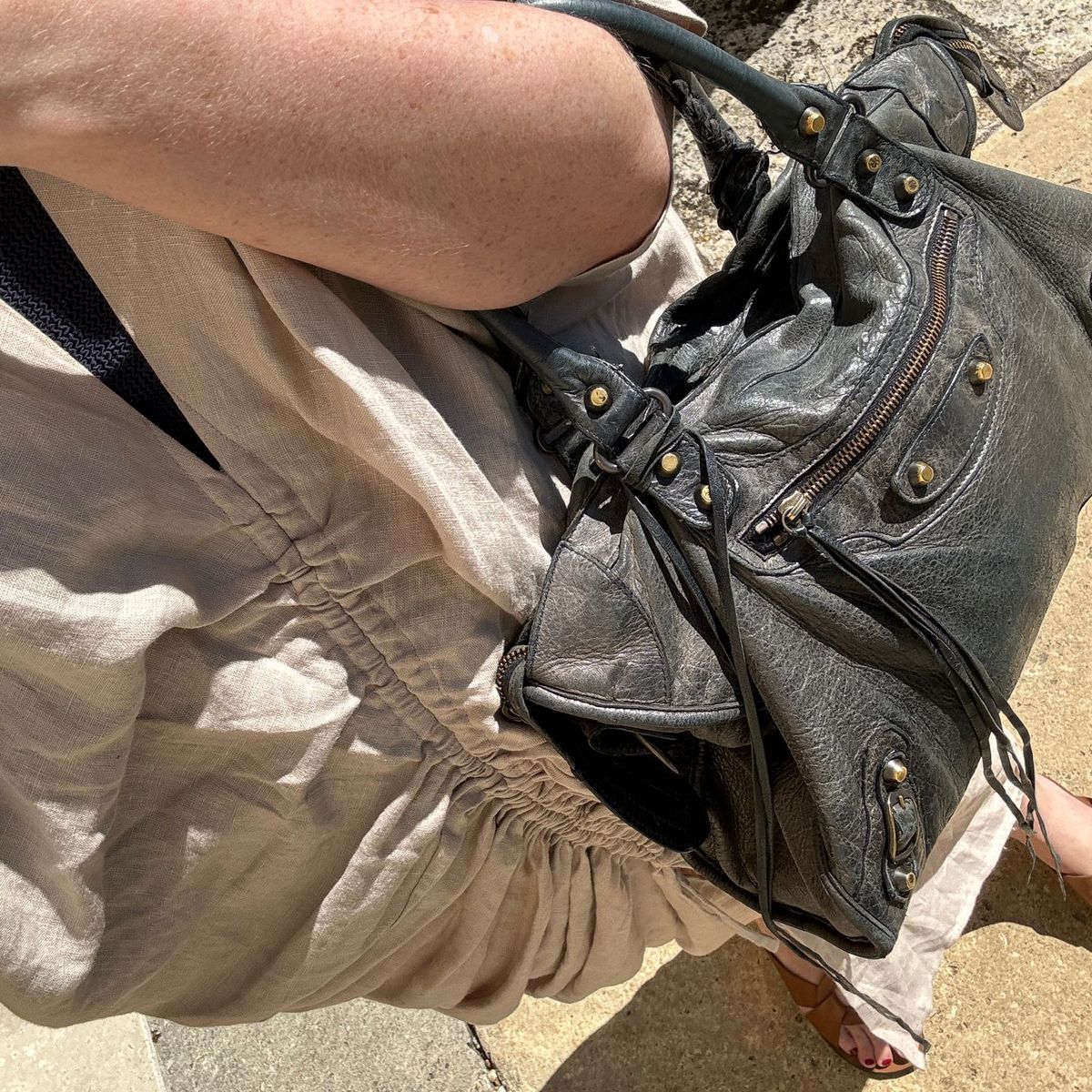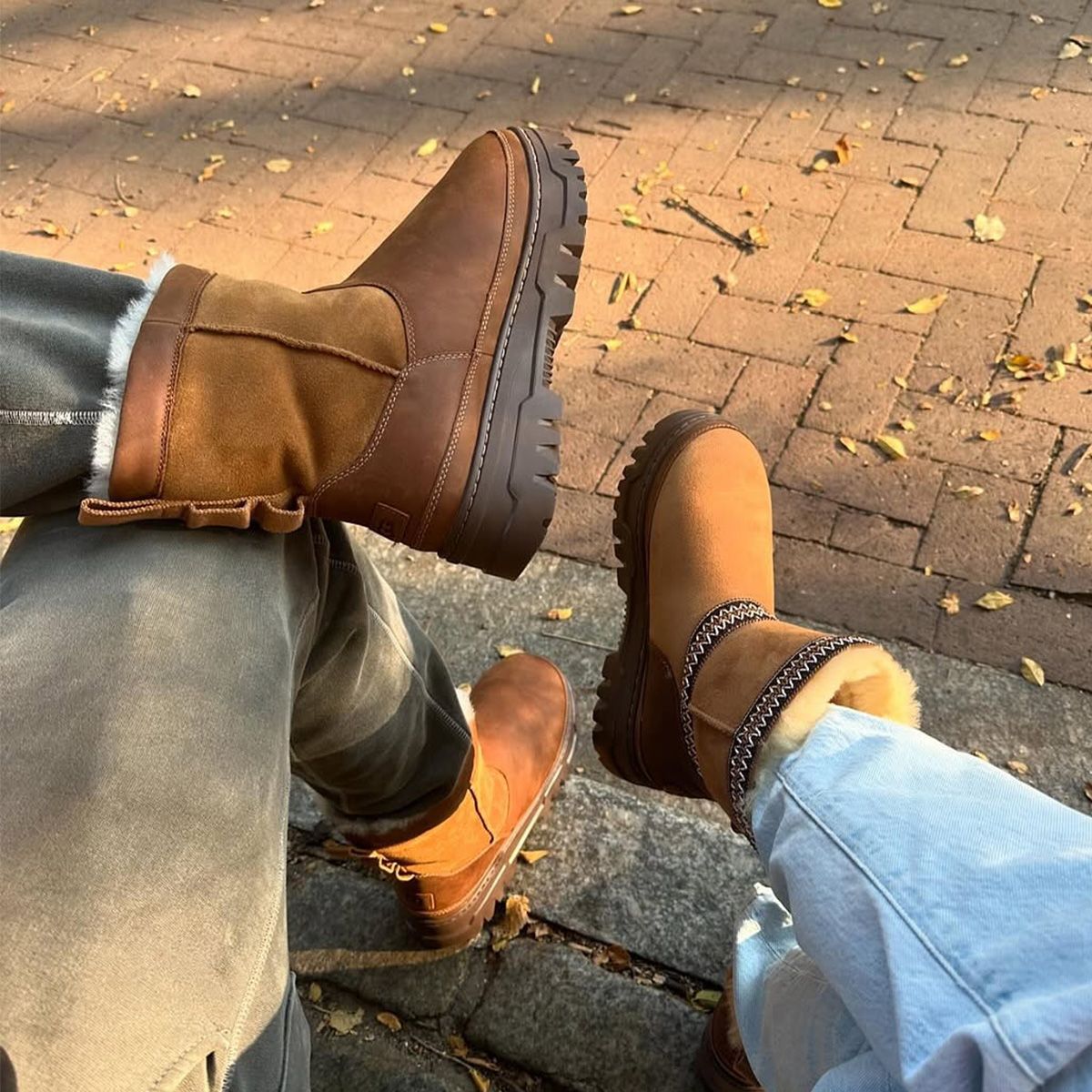
Experts have issued a word of warning to gardeners (Image: Getty)
A shed expert has shared the top warning signs that a garden may not survive what is set to be a colder, windier and wetter winter this year.
With temperatures predicted to plummet in the upcoming weeks, the expert has shared that it is time to focus on winter preparation.
Experts at Crown Pavilions, luxury garden room suppliers are highlighting the warning signs to look out for and why gardeners should fix them now before any possible everlasting damage sets in.
Winter affects everything from plants and furniture to garden rooms. Windy weather can blow down fences and sheds, prolonged snow can freeze soil, and cold temperatures can kill vulnerable plants.
Here are the 12 warning signs to look out for in the garden.

Make sure to check shed roofs and doors (Image: Getty)
Sheds
Leaky shed roofs:
When a shed roof is cracked or leaking, it allows rain and snow to enter, leading to rot, mould, and structural damage to your shed and its contents.
Rusty hinges:
If the shed doors aren't securely fastened or the hinges are rusty, winter winds can cause further damage, making the shed vulnerable to snow accumulation.
Bad insulation:
A drafty shed won’t protect sensitive garden tools or equipment, leaving them exposed to freezing temperatures and moisture buildup.

Garden tools can get excess moisture (Image: Getty)
Invalid email
We use your sign-up to provide content in ways you've consented to and to improve our understanding of you. This may include adverts from us and 3rd parties based on our understanding. You can unsubscribe at any time. Read our Privacy Policy
Fences
Rotten wood or rusted metal:
Wooden fences that show signs of rot or decay, or metal fences with rust patches are susceptible to collapsing under the weight of snow or strong winter winds.
Leaning panels:
If a fence is wobbly or has panels coming loose, it might not hold up well against harsh winter storms and may collapse, leaving the garden exposed and unprotected.
Unsecured posts:
Weak fence posts are a clear sign the fence won’t survive the winter. Ensure posts are firmly set to prevent shifting or toppling in the frozen ground.
Garden furniture
Lightweight furniture:
Plastic or lightweight metal furniture can be easily damaged or blown away by harsh winter winds if not secured or stored away.
Rusty metal furniture:
Metal garden furniture showing signs of rust may further deteriorate over winter, especially with exposure to rain and snow, potentially rendering it unusable by spring.
Cracks in wooden furniture:
Cracked or untreated wooden furniture can absorb moisture from rain and snow, leading to swelling, rot, and long-term damage.
Grass
Thin or patchy lawn:
A weak lawn with bald patches is more susceptible to frost heave, where repeated freezing and thawing damage the grassroots.
Leaves or debris left on the lawn:
A lawn covered with leaves or debris can suffer from blocked sunlight and trapped moisture, encouraging mould growth and preventing recovery in spring.
Overly compacted soil:
Compacted soil struggles with drainage, leading to standing water or ice that can damage grass over winter.
 3 weeks ago
9
3 weeks ago
9




















 English (US) ·
English (US) ·